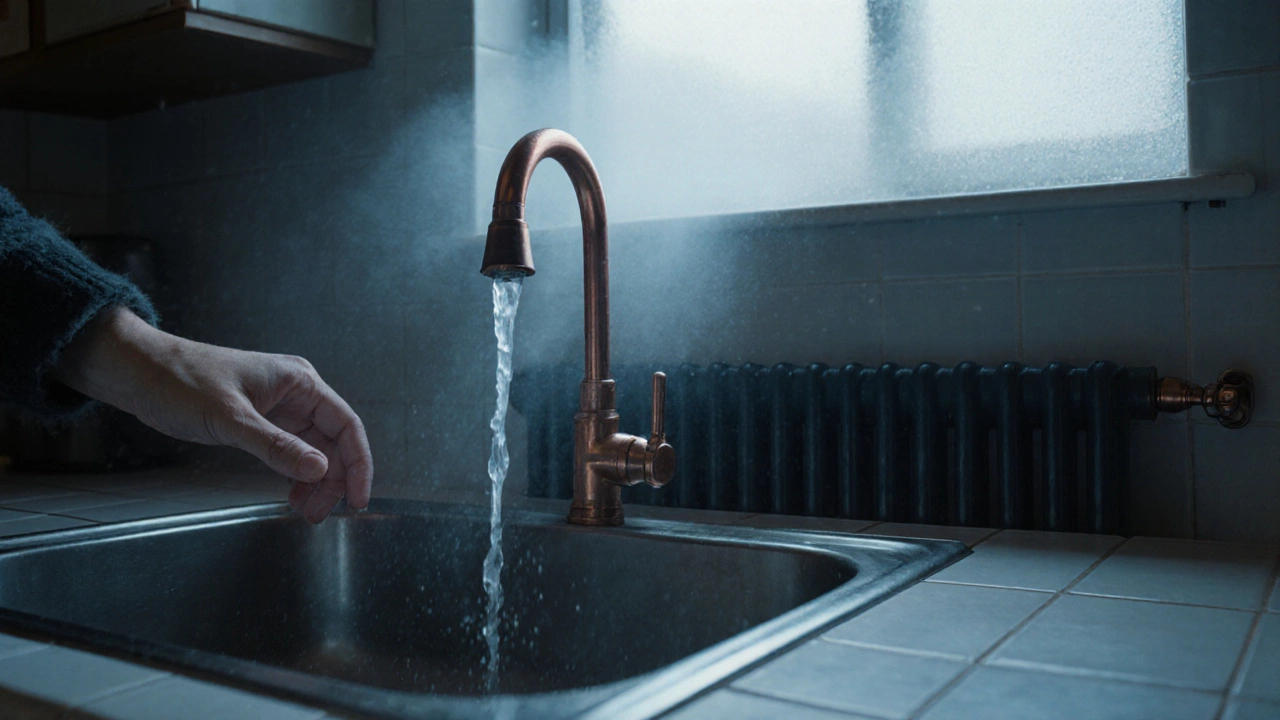Learn who to call when your boiler breaks down, how to verify credentials, and what to expect from emergency and standard repair services in the UK.
Boiler Not Working – Troubleshooting & Repair Guide
When dealing with boiler not working, a situation where a home heating boiler fails to provide heat or hot water. Also known as faulty boiler, it usually signals a problem somewhere in the heating system. A boiler, the central unit that heats water for radiators and taps works together with the heating system, pipes, radiators and controls that distribute warmth around the house. When anything goes wrong, the first person you should think of calling is a Gas Safe Engineer, a licensed professional authorised to work on gas‑fired appliances safely. Understanding these core pieces helps you pinpoint the issue faster and decide whether a simple reset or a full boiler not working service is needed.
One of the most common triggers is a lack of pressure. Modern boilers display the pressure reading on a small dial; if it falls below 1 bar, the system can shut off to protect itself. Re‑pressurising usually involves opening the filling loop until the gauge hits the recommended range. If the pressure drops again quickly, it often points to a leak in the system or a faulty pressure‑reducing valve. Another frequent culprit is the thermostat or room temperature sensor sending incorrect signals, leading the boiler to think the house is already warm. Checking the thermostat settings and replacing old batteries can solve the problem without a professional visit.
When Simple Fixes Aren’t Enough
Even after checking pressure and thermostat, a boiler may still refuse to fire up. At this stage, the next likely suspects are the ignition system and the gas supply. A blocked gas valve or a malfunctioning igniter can prevent the burner from lighting, which is dangerous to tinker with yourself. This is precisely where a Gas Safe Engineer’s expertise becomes crucial—not only for safety but also because many warranties become void if unqualified hands attempt repairs. Additionally, the pump that circulates water can seize or lose efficiency over time, causing the boiler to overheat and shut down as a protective measure. Pump issues usually require disassembly, cleaning, or replacement.
Regular boiler service plays a preventive role. An annual check by a qualified technician covers cleaning the heat exchanger, testing safety devices, and calibrating the controls. Skipping this maintenance makes minor wear turn into major failures, and it also raises the risk of carbon monoxide leaks. If you haven’t had a service in the past year, scheduling one now can save you from unexpected breakdowns during the cold months.
Beyond the mechanical side, it’s worth noting how the surrounding environment impacts boiler performance. Hard water deposits can clog the heat exchanger, reducing efficiency and eventually causing the boiler to stop heating. Installing a water softener or regularly descaling the system can prolong its life. Likewise, poor ventilation around the boiler can cause overheating; ensure there’s enough clearance and that any flues are clear of obstructions.
For homeowners who enjoy a bit of DIY, there are a few safe checks you can perform: verify that the power supply to the boiler is active, reset the boiler using the manual reset button (usually found on the front panel), and listen for any unusual noises that might indicate a failing motor or pump. However, never attempt to open the gas valve or repair internal gas components—those tasks are strictly for Gas Safe Engineers.
In summary, a boiler not working can stem from pressure loss, thermostat errors, ignition problems, pump failures, or lack of maintenance. Recognising the symptom patterns and performing basic safety checks can often point you toward the right solution, whether it’s a quick DIY fix or a professional service call. Below you’ll find a curated collection of articles that dive deeper into each of these areas, offering step‑by‑step guides, cost breakdowns, and tips for choosing the right repair service.

